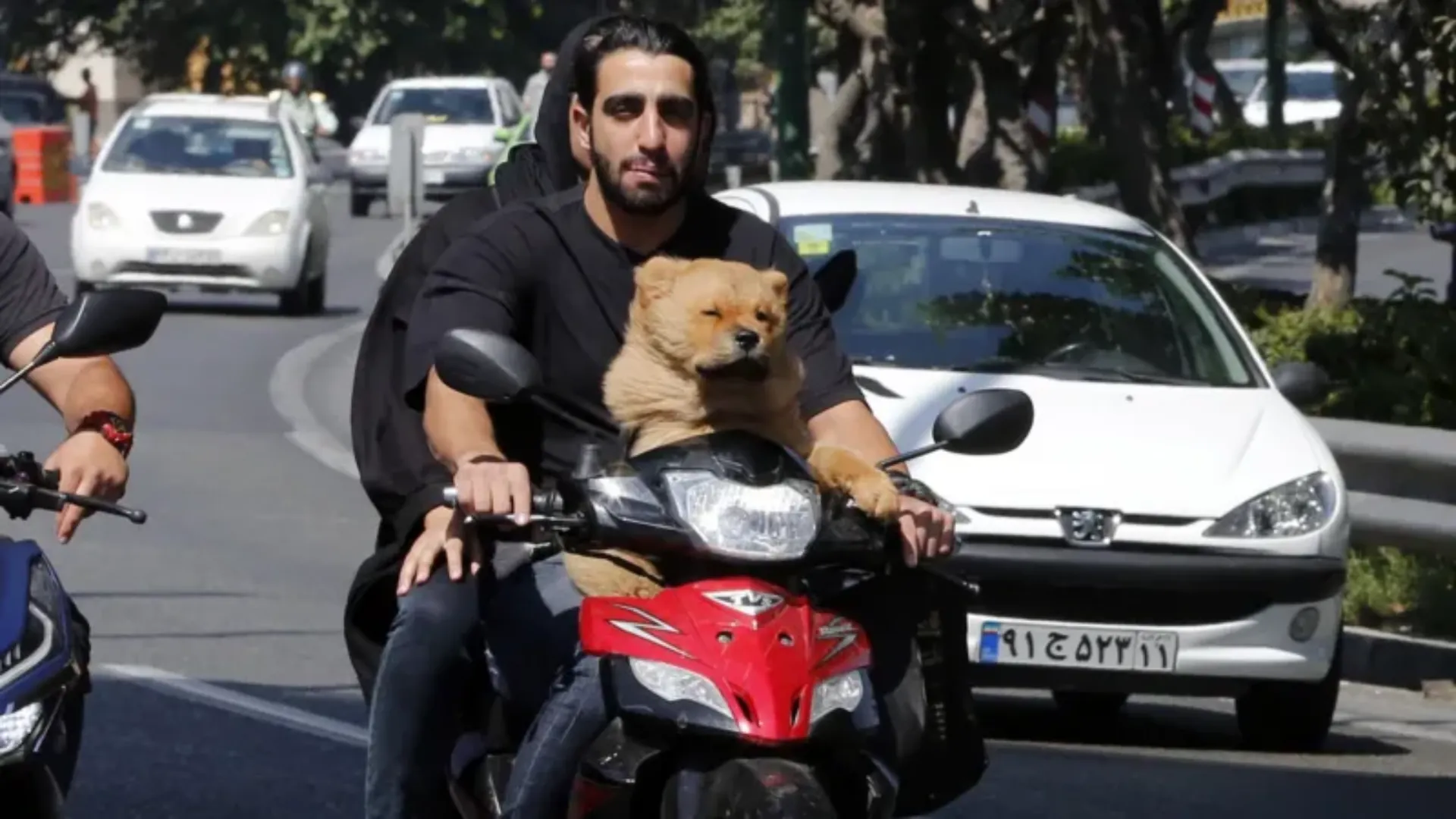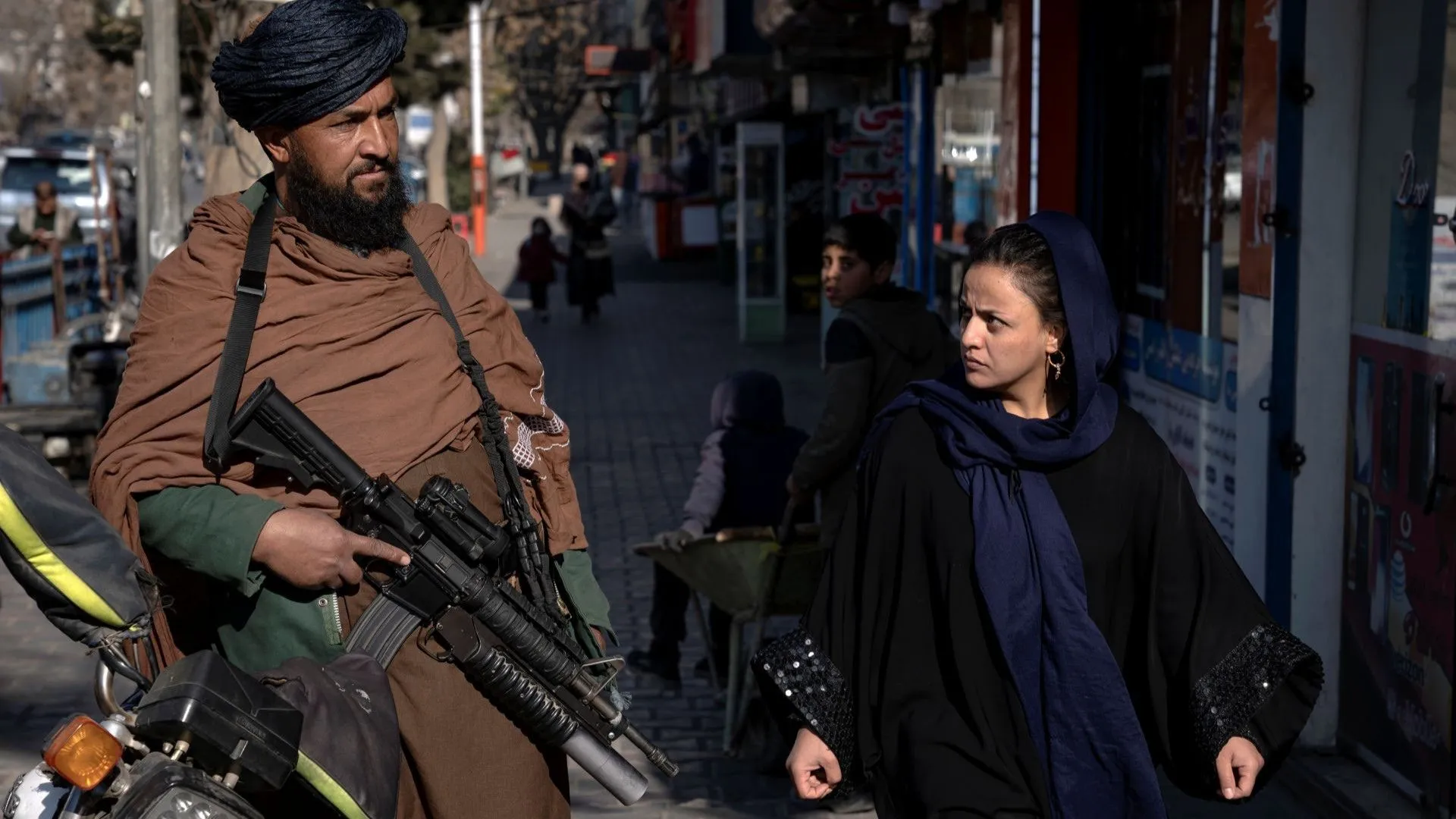In another bid to limit public activity, authorities of Iran have extended a dog-walking prohibition to at least 18 cities nationwide. This is a duplication of a 2019 decree first enforced in Tehran, and now also comprises a prohibition on taking dogs for rides in cars. The authorities say the action is taken for reasons of public health, order, and security.
Cultural Rejection and Youth Resistance in Iran
Since the 1979 Islamic Revolution, Iran’s cleric-run establishment has considered dog ownership to be un-Islamic, deeming dogs “unclean” and linking pet ownership to Western cultural contamination. Yet, despite political and religious resistance, increasing numbers of Iranians especially young people are opting for dog ownership as a quiet protest against the regime’s stifling norms.
Key cities like Isfahan, Kerman, and Ilam have imposed the bans over the past few days. Ilam’s official threatened with “legal action” against anyone flouting the law. In Hamedan, prosecutor Abbas Najafi deemed dog walking to be a “threat to public health, peace and comfort,” again promoting the government’s position through official media.
Inconsistent Enforcement and Public Defiance in Iran
While no country-level law prohibitatively prohibits dog ownership, regional prosecutors commonly apply curbs enforced by the police. In reality, application has been ad hoc, and most pet owners still walk their animals covertly, sometimes at night or in seclusion. Some have even been arrested and had their pets taken away.
Religious Justification and Legislative Pushback
Supreme Leader Ayatollah Ali Khamenei once criticized owning pets for anything other than professional reasons. In 2021, 75 legislators denounced the ownership of dogs as an insult to Iran’s Islamic heritage. Although a 2014 bid to criminalize walking dogs was unsuccessful, pet-related advertising was banned by the Ministry of Culture in 2010.
Critics say Iran’s regime is misplaced in targeting dog owners at a moment of increasing violent crime. For millions of citizens, particularly young people, walking a dog such as going to underground raves or defying the hijab regulations continues to be an act of potent refusal in a more and more stifled society.























